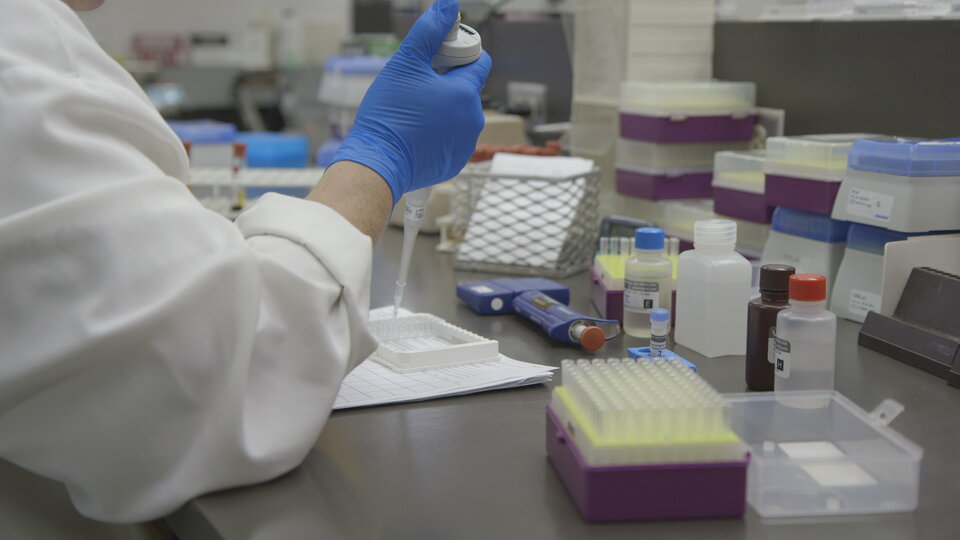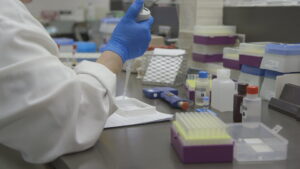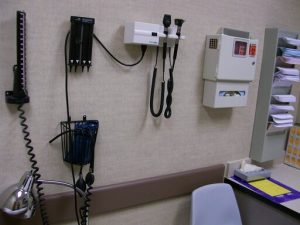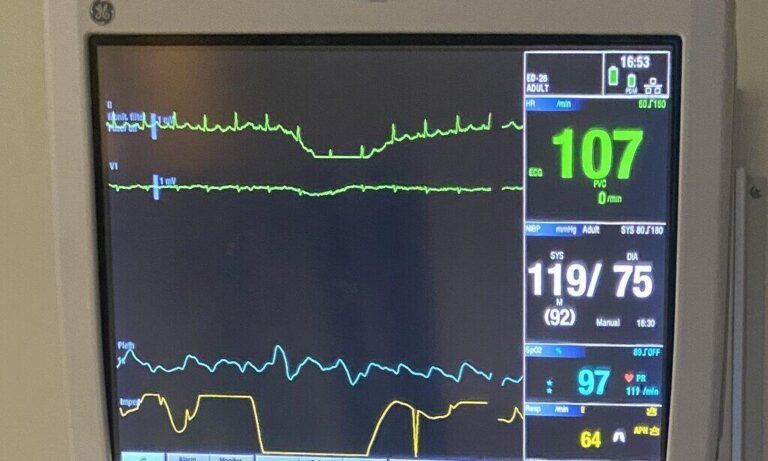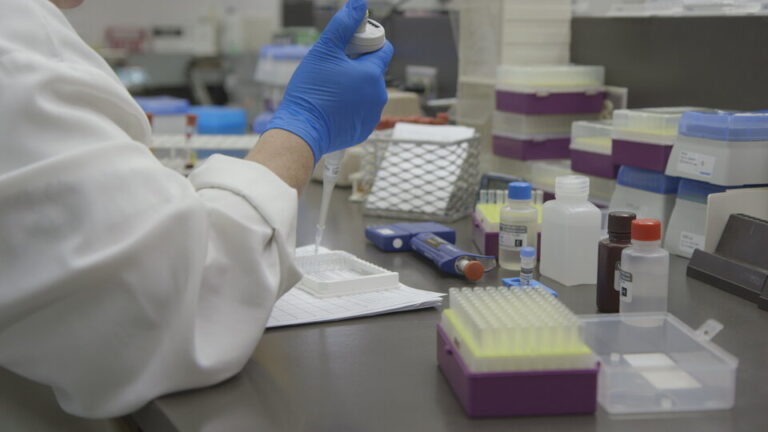Over the past few years, there have been a couple of respiratory viruses wreaking havoc on people’s lives. One of which many people are tired of hearing about is COVID-19. The other one would be RSV — Respiratory Syncytial Virus. However, the respiratory virus that has medical experts alerting people is called Human Metapneumovirus (HMPV).
Rise in Uncommonly Known Respiratory Virus Cases
It is a virus that not many have heard of despite it being discovered in 2001. This spring almost 19.6% of antigen tests and 11% of PCR tests came back positive for HMPV, according to the Centers for Disease Control and Prevention (CDC). That is an increase of 36% from pre-pandemic cases when HMPV’s positivity rate was roughly 7%.
 HMPV is a respiratory virus that can cause shortness of breath, fever, cough, nasal congestion, and chest congestion. Like RSV, it belongs to the Pneumoviridae family. It can affect people of all ages, especially those with a weakened immune system, young children, and older adults.
HMPV is a respiratory virus that can cause shortness of breath, fever, cough, nasal congestion, and chest congestion. Like RSV, it belongs to the Pneumoviridae family. It can affect people of all ages, especially those with a weakened immune system, young children, and older adults.
The respiratory virus can progress to bronchitis or pneumonia. Similar to other viruses, HMPV is a disease that can cause upper and lower respiratory infections. Human metapneumovirus has an estimated incubation period of three to six days. It has a varying duration time, like other respiratory viruses, the length of illness depends on the severity of the infection.
Ways it Can Spread
HMPV can be spread from person to person in a few different ways. Like:
- Close personal contact. Such as shaking hands, touching, or kissing.
- Secretions from sneezing and coughing.
- Touching surfaces or objects that have the virus on them and then one’s eyes, mouth, or nose.
Normally, HMPV begins circulation in the winter and lasts up to or through the spring. Influenza, RSV, and HMPV can simultaneously circulate during the respiratory virus season.
Treatment and Prevention
Currently, there is no vaccine or specific antiviral therapy to treat HMPV. However, there is medical care to help alleviate severe symptoms. People can prevent the spreading of the respiratory virus and others by:
- Washing their hands with soap and water for at least 20 seconds. People can sing the “Happy Birthday” song, the ABCs, and the chorus of “Let It Go.”
- Avoid touching their mouth, nose, or eyes with unwashed hands.
Anyone experiencing cold-like symptoms should:
- Cover their mouth with a tissue or their elbow when coughing and sneezing.
- Frequently wash their hands with soap and water for at least 20 seconds.
- Avoid sharing cups, eating utensils, drinks, etc. with others.
- Refrain from kissing one another.
- Stay at home when ill.
Other Ways to Stay Safe
Furthermore, people should clean surfaces that could be contaminated often. For example, doorknobs, shared toys, light switches, and handles. Doing so could potentially stop the spread of all respiratory viruses and diseases.
For those who are out and about and can’t wash their hands frequently, they could try using wet wipes and hand sanitizer to help kill off some germs. However, once they are able to they should wash their hands immediately.
While there isn’t a vaccine for HMPV, there are ones for other respiratory viruses and diseases. Keeping up to date with them could help prevent contracting those kinds of illnesses.
By Sheena Robertson
Sources:
The Hill: Which virus is causing congestion, coughing in so many? Here’s a hint: It’s not COVID
CDC: Human Metapneumovirus (HMPV)
Insider: Another respiratory virus spiked in spring as COVID and RSV rates fell
Top and Featured Image Courtesy of Province of British Columbia‘s Flickr Page – Creative Commons License
Inset Image Courtesy of Melanie Hayes‘ Flickr Page – Creative Commons License

